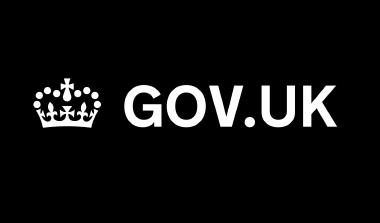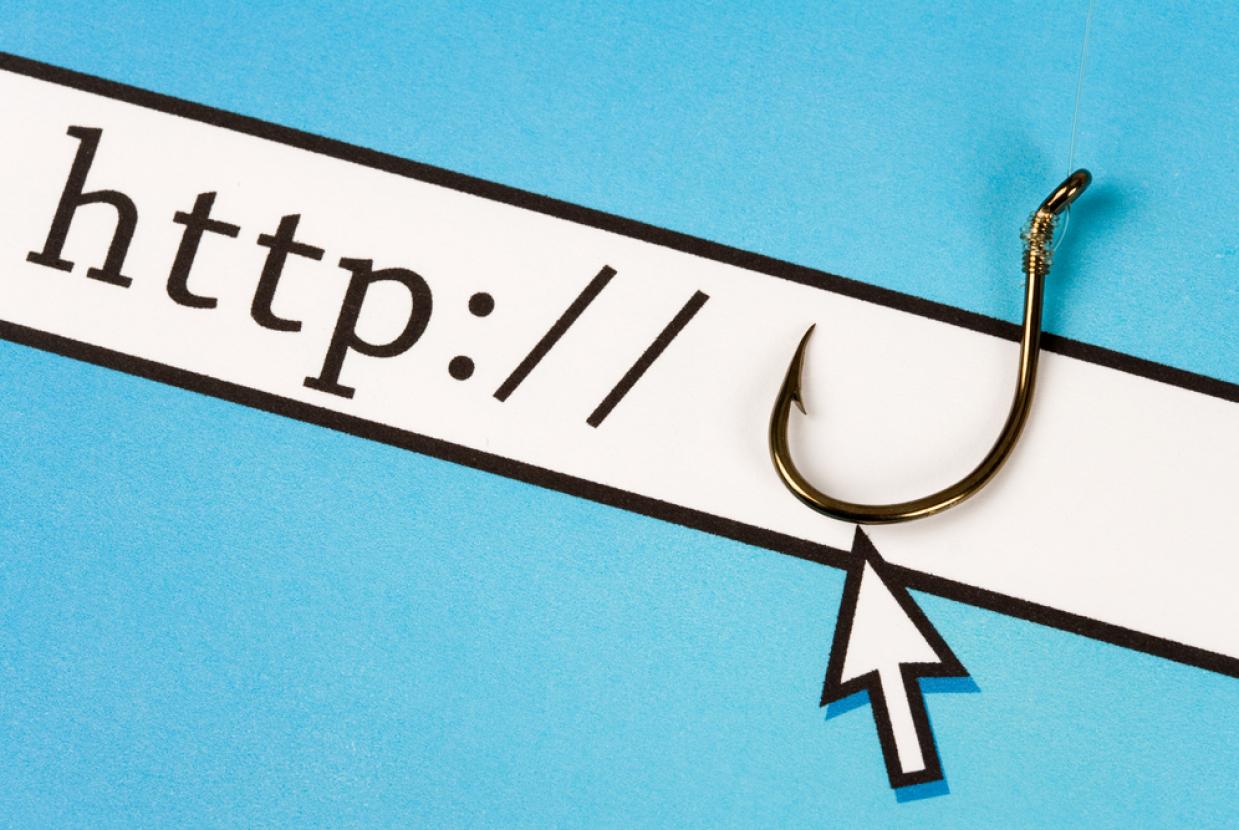Protecting Against Fraud At Home
Fraudsters like to target people when their guard is down. One way of doing that is when we’re at home and at our most unsuspecting. But there are some easy ways to better protect ourselves – with a little knowledge of how fraudsters operate, and by making it harder for people to target us in the first place.
Doorstep fraud
What is it?
Doorstep fraud, or door-to-door fraud, is when a rogue trader or other fraudster knocks on your door unexpectedly offering products or services that you may be asked to pay for upfront. This will often take the form of someone offering to do some urgent work on your property. The work then turns out to be poor quality or they never return to do the job at all.
How to spot it
Learn how to spot doorstep fraud and find out what to do if you suspect someone is trying to target you at home.
A quick tip to reduce your risk of doorstep fraud
Request a free ‘No Cold Calling’ sticker from your local Trading Standards office or Trading Standards Scotland. This way, if someone calls out of the blue offering their services or asking for money, you can be pretty sure they’re not a legitimate business.
Postal fraud
What is it?
Postal fraud usually takes the form of a letter designed to obtain money through deception. It will typically offer something that sounds attractive but in reality doesn’t exist. And there’s always a catch – you might have to pay an upfront fee, hand over some personal information or call a premium rate number before you receive what’s on offer.
How to spot it
Learn how to spot postal fraud and find out what to do if you suspect someone is trying to target you by mail.
A quick tip to reduce your risk of postal fraud
Register with the Mail Preference Service. This is a service that allows you to opt out of receiving unwanted direct mail, even if it’s addressed to you. (You will still receive mail from companies if you’re a customer or are on their mailing list.) By doing this, you can treat all unexpected marketing you receive in the mail with suspicion.
Phone fraud
What is it?
Phone fraud involves criminals calling you on your landline or mobile, pretending to be someone you trust and convincing you to hand over confidential information, make a payment or give them access to your computer or phone.
How to spot it
Learn how to spot phone fraud and find out what to do if you suspect someone is trying to target you by phone.
A quick tip to reduce your risk of phone fraud
Register with the Telephone Preference Service (TPS). This service allows you to opt out of unwanted live sales and marketing calls to landline and mobile numbers. By doing this, you can treat any marketing calls with suspicion. The TPS won’t block fraudsters pretending to be someone you know or an organisation you are already connected with.

































